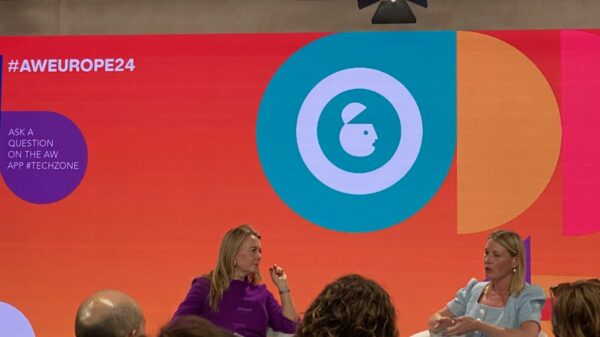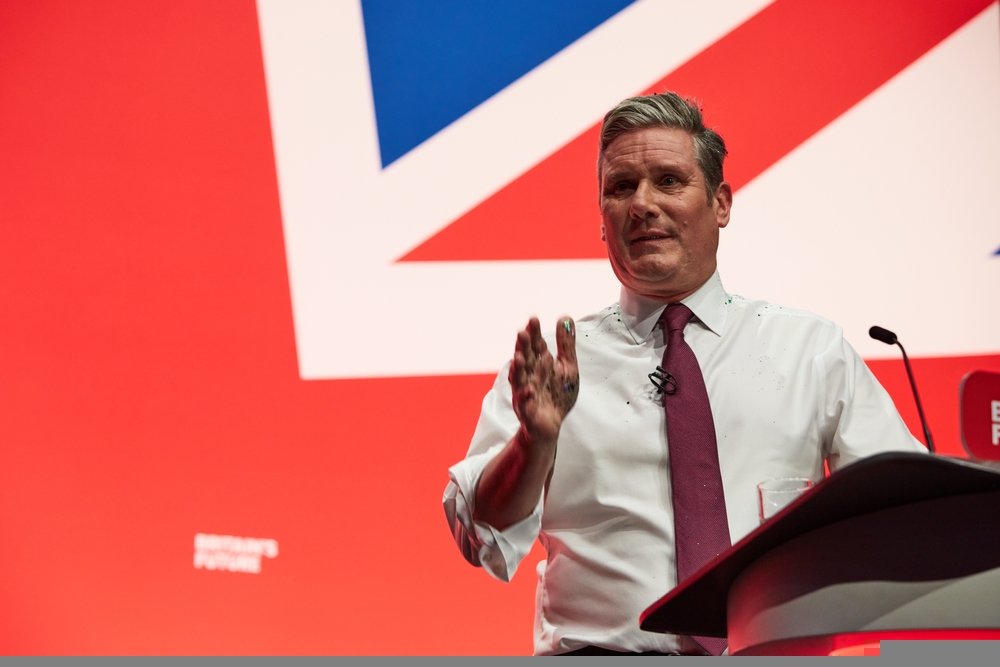The world around us is evolving fast and marketing has to keep up. From the adversities of the pandemic to current record-breaking levels of inflation, major social and economic forces are reshaping people’s behaviour, attitudes and spending priorities.
Faced with this maelstrom of change, brands are crunching numbers and embracing consumer data like never before as they look to understand how people are adapting to the current landscape.
But is this enough? While it’s essential for brands to stay close to consumers to make sure they really know what their customers want and need, Kantar brand strategy consultant Lindsay Gorton-Lee says there can be such a thing as too much data…
Staying true to your brand
This might sound heretical coming from a major market researcher, but there are risks to becoming too much of a data junkie.
If every brand out there is looking at the same data and reacts to it in the same way, the outcomes are likely to be the same. This is, of course, a problem. Our latest Kantar BrandZ findings show that differentiation between consumer businesses is the single biggest factor driving brand value growth, so it’s vital that organisations continue to distinguish themselves from the rest of the market.
People’s perception of difference is especially important during periods of economic uncertainty, as it significantly influences the price consumers are willing to pay for goods and services. Even the most cost-conscious shoppers are willing to pay 14% more for brands that they think are worth it.
So how can brands square the circle, moving with and responding to the times without losing their unique identity and points of difference? Marketers have a vital role to play, helping organisations to react to evolving consumer behaviour without blindly following the herd.
Brands must ensure that their strategy and response to fast-moving trends reflects who they are and what consumers expect from them.
How McDonald’s hits the mark
McDonald’s is a great example of how to get it right. Over its 67-year history, the world’s largest fast-food restaurant chain has had to navigate some major social and cultural shifts, from attitudes to eating meat and nutrition to our use of plastic and recycling. Throughout, the brand has ensured that whatever its response to these changes, it has remained authentically McDonald’s.
To address consumer concerns around sustainability, for instance, McDonald’s launched campaigns like its Happy Meal Playground, creating public play areas made entirely of recycled Happy Meal toys. Drawing on the fun and family-oriented image that people already associate with the brand, McDonald’s was able to respond to a growing trend but in a way that made sense, was congruent with the brand and so appeared genuine.
Subscribe to Marketing Beat for free
Sign up here to get the latest marketing news sent straight to your inbox each morning
Like other fast-food chains, McDonald’s has also faced pressure to provide more varied and environmentally responsible meat-free menu options, as well as needing to reflect the fact that more of its customers are adopting flexitarian diets.
How could a well-known beef burger chain achieve this balancing act? The answer: McDonald’s launched its McPlant burger, co-developed with Beyond Meat – a great tasting product that satisfied new customer demands but still felt at home in the existing menu.
With an approachable, tongue-in-cheek advertising campaign featuring comedian Jack Whitehall to promote the new burger, McDonald’s moved with the times, without changing the way people saw its brand.
It’s no coincidence that McDonald’s is the sixth most valuable brand globally, with a value of over $196 billion, according to our Kantar BrandZ data.
Dove: a clear, consistent approach
Some issues are especially emotive and brands are likely to face particular scrutiny from consumers on topics such as sustainability, health and wellbeing, diversity and inclusion.
In these situations, there is often a temptation for brands to play it safe and to follow what others are doing. They need to do the right thing of course, but shouldn’t be scared about tackling these big issues in their own unique way. In fact, this will help to boost credibility.
Dove and its approach to conversations around beauty and positive body image is a case in point. The healthcare and beauty brand has shown consistency in its approach to social issues over many years, launching campaigns that project the message of inclusion, choosing women of all shapes and sizes in its advertising.
This committed effort has earnt Dove the right to comment on the conversation around body positivity, allowing the business to differentiate itself from the rest of the market while reinforcing the image that people associate with the brand.
Dove’s recent #DetoxYourFeed campaign saw this commitment in action, as the brand addressed the prevalent topic of social media and the impact it can have on self-esteem, particularly among young teens. As part of the campaign, Dove provided a four-step guide to encourage parents to speak to their children about this side of social media and help them navigate the conversation.
This not only reinforced the brand’s image as caring and supportive, but also showed consumers that it has a genuine commitment to breaking down stereotypes in the beauty world that have the potential to affect its customers.
All successful businesses must understand their consumers and their changing habits – and having accurate, insightful data at their fingertips is vital to this. The question is what do organisations do with the insights they glean from research?
When navigating new trends and commenting on emotionally charged issues, brands must retain their integrity and stay true to their name, ensuring the approach doesn’t jar with what people expect from them or come across as fake.
It is helpful to be bold, show a point of difference and stand out from the crowd, but brands must also make sure they get attention for all the right reasons.









